environment
November 24, 2023
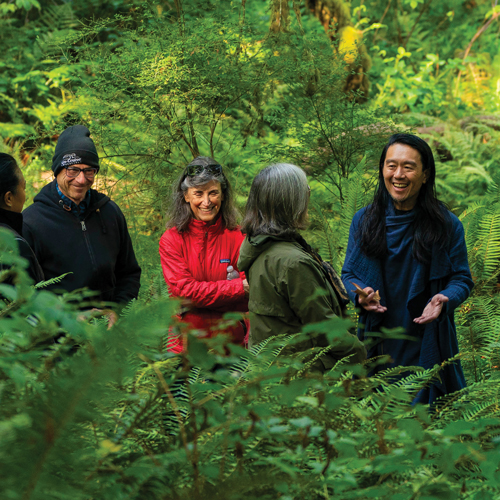
Forest chorus
Byron Au Yong, ’96, went to the Bloedel Reserve on Bainbridge Island to sing with the trees at an outdoor, participatory research event.
September 2, 2023
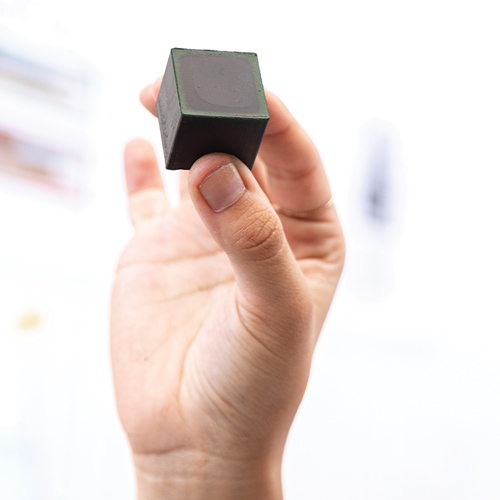
Compostable plastic
UW researchers have developed new bioplastics that degrade on the same timeline as a banana peel in a backyard compost bin.
June 4, 2023
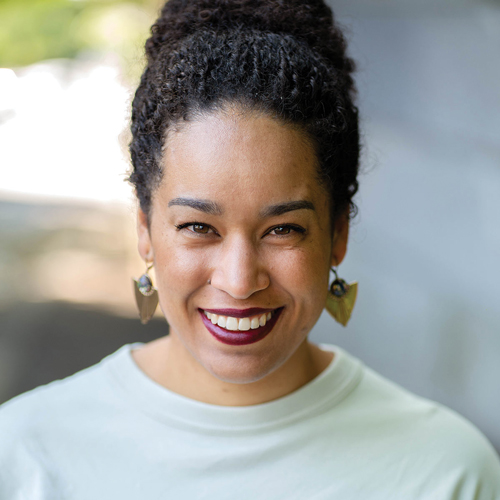
Down to earth
Blending her own story with tales of climate crisis negotiations, Brianna Craft shows us the world in her memoir.
May 28, 2023
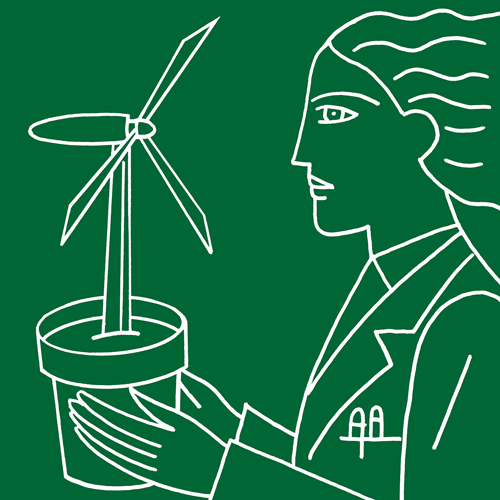
Our part for the planet
A UW workshop showcases how climate change innovations on campuses can benefit surrounding communities and beyond.
September 2, 2022
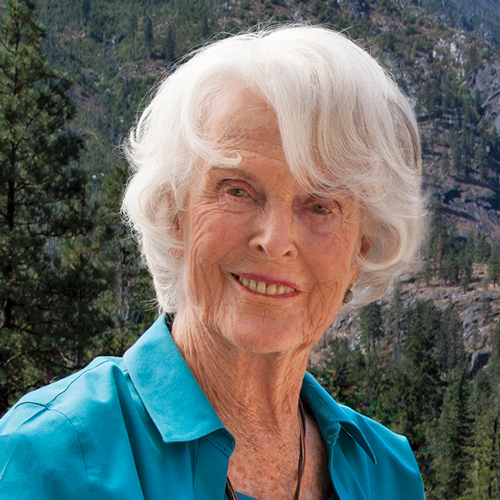
Environment’s friend
Philanthropist Harriet Stimson Bullitt’s advocacy for Earth knew no bounds.
December 4, 2021
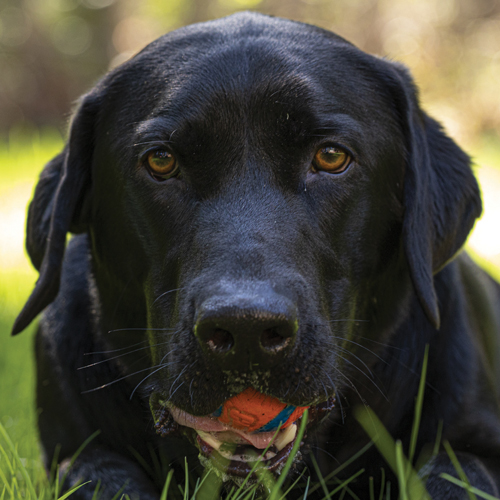
Unleashing dogs’ power
The UW’s Conservation Canines calls on dogs’ noses to find answers to pressing environmental questions.
March 4, 2021
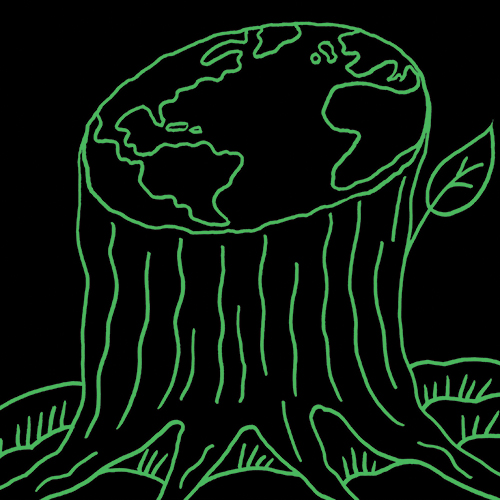
Our climate future is now
Scientists spent decades warning us about what would happen during the 2020s and 2030s. Now we see it.
June 10, 2020
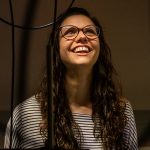
The ultimate puzzle
Doctoral student Emily Rabe loves puzzles. Now she's working on one with high stakes—one that could have a significant impact on our planet’s health.
March 12, 2020
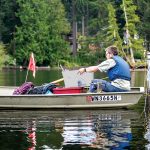
Fishing for arsenic
Researchers study the movement of water and heavy metals’ impact on aquatic life in lakes near Tacoma.
October 22, 2019
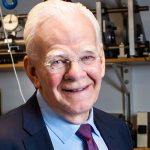
Plea for the planet
Tenacity led Jim Anderson, ’66, the 2019 Alumnus Summa Laude Dignatus, to help save the ozone; he's not about to give up.
September 2, 2019
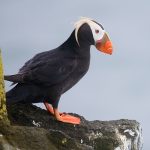
Warming sea
A die-off points to a larger-scale, longer-term problem with the food supply caused by warming seas.
August 26, 2018
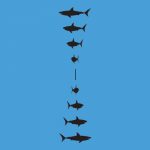
Sharks spin a tale
Great white sharks dive deep into the Atlantic’s clockwise-spinning warm-water whirlpools.
September 1, 2016
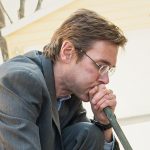
Exposing Flint
A Michigan city’s drinking water was poisoned, and government officials refused to admit it. Desperate for answers, an ailing family didn’t know where to turn. Then they found Marc Edwards. Now they have a chance.
September 1, 2015
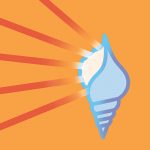
High volume
Recordings by current and former UW researchers in fjords show that melting at glacier edges in the narrow rock-edged canyons are some of the noisiest places in the sea.
December 1, 2014
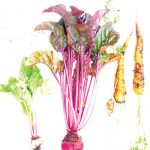
Soil sage
A chef-turned-professor digs into a new crop — turning recycled waste into better soil, better food and better health.
September 1, 2014
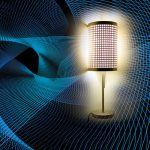
Tide turner
Tidal power holds tremendous potential, especially here in the Evergreen State, because of the sheer volume of water moving in and out of Puget Sound each day.
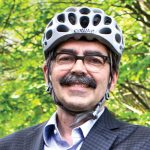
Spreading his wheels
Landscape architecture alumnus Steve Durrant is helping Seattle take a big step by unveiling the city’s first bike-sharing program.
June 1, 2014
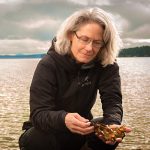
Deep into oceans
The chemistry of the ocean has changed dramatically over the decades that Terrie Klinger has been studying her beloved West Coast waters.
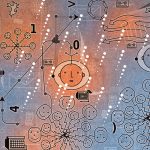
Robot observers
This fall the UW will complete installation of a massive digital ocean observatory. Dozens of instruments will connect to power and Internet cables on the sea floor, but the observatory also includes a new generation of ocean explorers: robots that will zoom up and down through almost two miles of ocean to monitor the water conditions and marine life above.
September 1, 2012
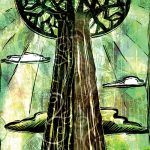
Tree-sized benefits
Professor James Lutz, UW research scientist in environmental and forest sciences, is the lead author of the largest quantitative study yet on the importance of big trees in temperate forests.